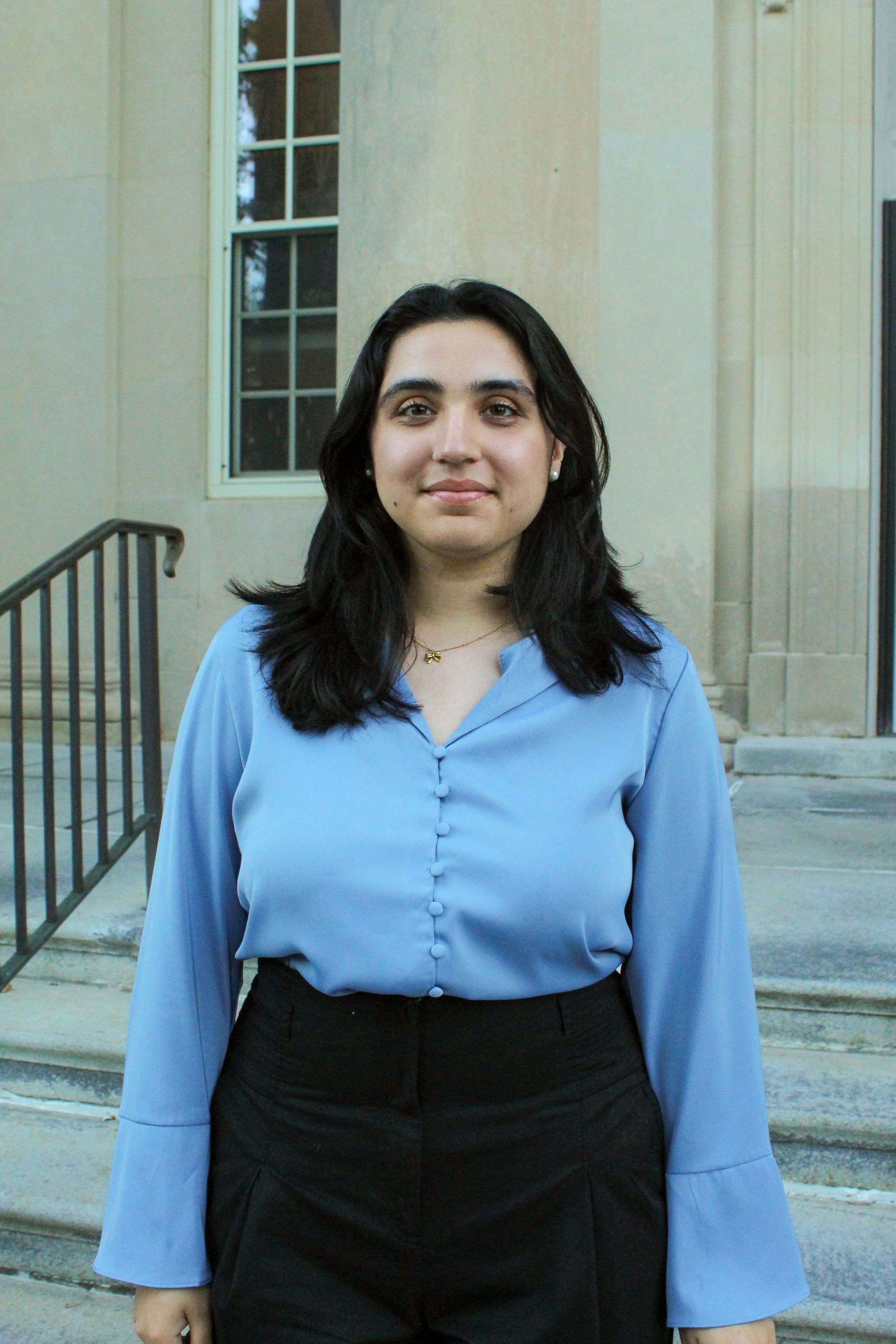Topic A: Strengthening International Protections to Prevent the Illicit Trade of Cultural Goods
The illicit trade of cultural goods is evolving into a global crisis, specifically in conflict zones and post colonial-contexts across various countries. The trading of illegal cultural goods, including stolen antiquities, historical manuscripts, and religious artifacts, is driven by high demand in private collections, the profit motives of illicit dealers, and the financial needs of armed groups that use it to fund their operations. Armed groups, criminal organizations that engage in coordinated illegal activities for profit and private collectors, driving underground markets and an erasure of national and cultural identity. This issue is particularly prevalent in the Middle East, North Africa, and South Asia, where ongoing conflicts and political instability leave cultural goods vulnerable. International bodies such as the 1970 UNESCO Convention and INTERPOL have made efforts to combat the illicit trade of cultural goods, but significant challenges persist, including weak enforcement mechanisms, limited international cooperation, the difficulty of tracking and repatriating stolen artifacts, and the continued demand from private collectors and black-market dealers. Even with recent efforts in Cambodia and Benin to grow awareness, INTERPOL reports over 52,000 stolen cultural goods with the trend continuing to rise. As a committee dedicated to human rights and cultural preservation, delegates in the the Social, Cultural, and Humanitarian Committee (SOCHUM) must examine the role of governments, international organizations, and private institutions in preventing the illicit trafficking of cultural heritage.
Topic B: Mitigating Human Rights Violations in the Global Fast Fashion Supply Chain
Relying on cheap and exploitative labor practices, today's fast fashion industry has reached a staggering value of 1.7 trillion dollars. Particularly prevalent in Bangladesh, India, China, and Vietnam, the fast fashion industry subjects workers to unsafe conditions, low wages, and excessive hours. Often workers are forced to live in overcrowded housing with limited access to clean water and healthcare. The majority of these workers are women, many of whom are young and from marginalized communities and with few economic opportunities, they endure these harsh conditions to support their families. Meanwhile, major fashion corporations benefit from their exploitation, as low production costs allow for mass production and high profit margins. The 2013 Rana Plaza collapse that killed over 1,100 workers highlights the terrible labor conditions and the urgent need for labor protections. Some governments have introduced import bans on goods linked to sweatshops and forced labor, but those enforcements remain weak and many companies evade the rules and regulations. As human rights abuse persists across the global supply chain, delegates in the Social, Cultural, and Humanitarian Committee (SOCHUM) must continue to find solutions to ensure that only ethical production practices balance economic growth with respect to human rights.
Meet your Dias!
Ambika Badwal, Director
Ambika is a Sophomore with a double major in Political Science and Human Rights on the Pre-Law Track from Massachusetts. This is her second year at a UCMUN conference being an AD for the UNDRR her freshman year. She has been part of Model United Nations for 5 years now, being club president throughout all her years of high school. Attending BOSMUN and RMUN a total of 5 times throughout her 3 years of MUN in high school. Outside of UCMUN she is part of Husky Ambassadors, Pre-law society, First-gen Society, Leadership Learning Community and more! She loves the beach, traveling (life goal is to visit all 7 continents). Playing video games and volleyball. She has been playing volleyball since 4th grade with her older brother! She is so excited to meet everyone and hopes to make it the best year ever. If you have any questions please email akb23020@uconn.edu
Ruth Alejandro, Topic Specialist
Ruth Alejandro is a freshman double majoring in Political Science and Journalism. She plans on pursuing a law school and a career in law. She is excited to be the topic specialist of for SOCHUM! Outside of Model UN Ruth is a part of Empowering Women in Law and Pi Beta Phi. She enjoys going on walks and runs, watching shows and movies, hanging out with friends and shopping.



